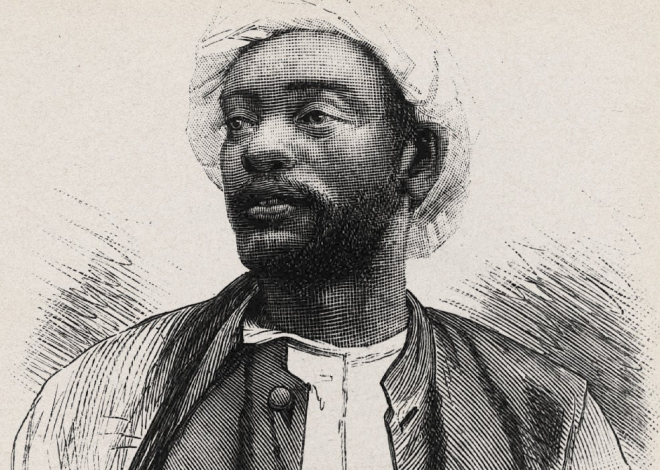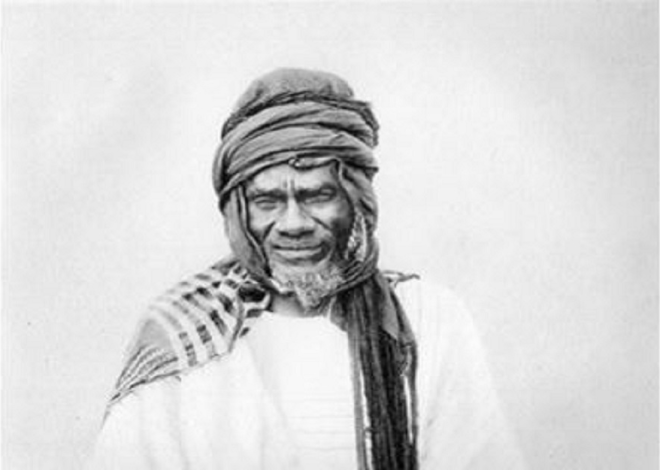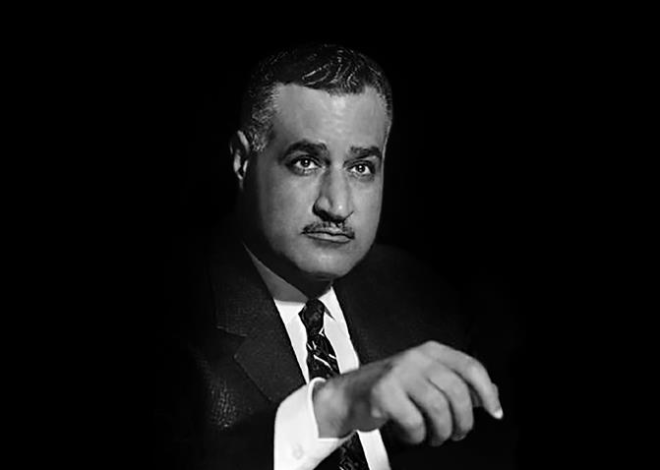
Thomas Sankara
Thomas Sankara, full name Thomas Isidore Noël Sankara, was a charismatic and revolutionary figure who served as the President of Burkina Faso (formerly Upper Volta) from 1983 to 1987. He is widely regarded as one of Africa’s most iconic and progressive leaders due to his commitment to social justice, pan-Africanism, and anti-imperialism.
Here is a detailed description of Thomas Sankara’s life and legacy:
Early Life and Education:
- Sankara was born on December 21, 1949, in Yako, French Upper Volta (now Burkina Faso), which was then a French colony.
- He received his primary and secondary education in Bobo-Dioulasso and Ouagadougou, respectively, before pursuing a military career.
Military Career and Political Activism:
- Sankara joined the military in the early 1970s and quickly rose through the ranks. His dedication and charisma made him a respected figure within the army.
- In 1983, he played a key role in a military coup that ousted President Jean-Baptiste Ouédraogo and took power as the leader of the National Council for the Revolution (CNR).
Presidency and Achievements:
As President, Sankara implemented a series of radical and progressive policies aimed at transforming Burkina Faso:
- Agrarian Reforms: Sankara launched ambitious programs to redistribute land from the wealthy elite to landless peasants. He encouraged sustainable agricultural practices and reforestation efforts to combat desertification.
- Education and Healthcare: He prioritized access to education and healthcare for all, launching mass vaccination campaigns and literacy programs.
- Women’s Rights: Sankara was a vocal advocate for women’s rights and promoted gender equality. He appointed women to key government positions and banned female genital mutilation and forced marriages.
- Anti-Corruption: Sankara was known for his personal integrity and uncompromising stance against corruption. He simplified government and public administration processes to reduce opportunities for graft.
- Anti-Imperialism: He rejected foreign aid and loans from international financial institutions, believing they enslaved African nations. He encouraged self-reliance and sought to reduce Burkina Faso’s dependence on foreign powers.
- Name Change: In 1984, he renamed the country Burkina Faso, which means “Land of Upright People” in the local languages, as a symbol of the nation’s transformation.
International Relations:
- Sankara was a staunch advocate of pan-Africanism and worked to strengthen ties with other African nations. He supported liberation movements in Africa and condemned apartheid in South Africa.
- His policies and outspoken nature often put him at odds with Western powers, particularly France and the United States.
Assassination:
On October 15, 1987, Sankara was assassinated in a coup led by his close associate and friend Blaise Compaoré, who became the new president. The circumstances surrounding his death remain a subject of controversy and speculation.
Legacy:
- Sankara’s legacy is celebrated by many in Burkina Faso and across Africa. He is often referred to as “Africa’s Che Guevara” for his revolutionary spirit and dedication to the welfare of his people.
- His policies and vision for a self-reliant and progressive Burkina Faso continue to inspire political movements and leaders across the continent who seek to address the challenges of poverty, corruption, and inequality.
- Sankara’s life and ideals serve as a reminder of the potential for positive change in Africa and the importance of leaders who prioritize the well-being of their citizens over personal gain or foreign interests.







